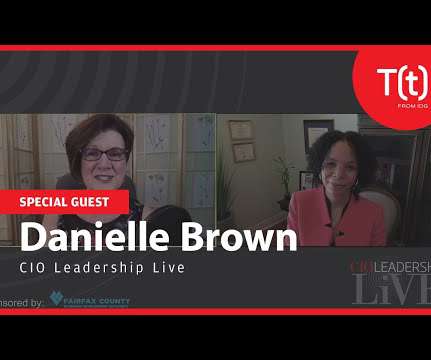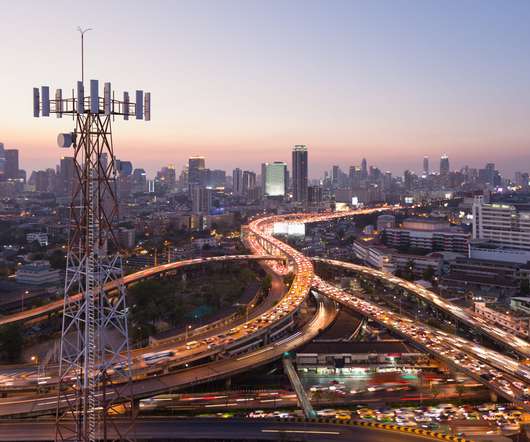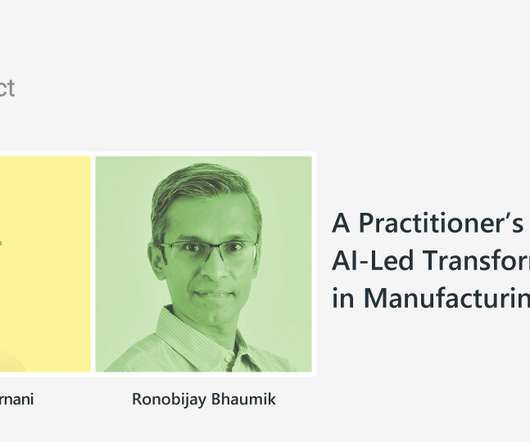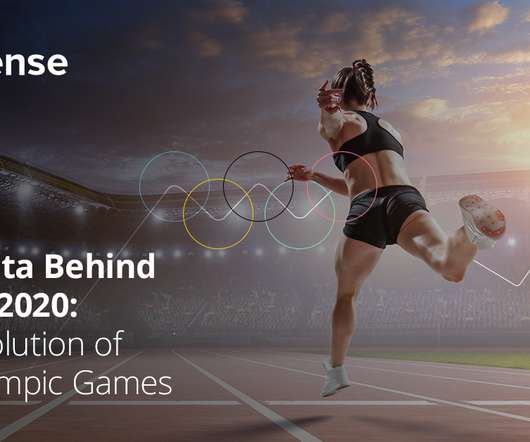What Whirlpool’s CIO does to make its digital business models run end to end
CIO Business Intelligence
NOVEMBER 16, 2022
The company employs 69,000 around the world as well and Danielle Brown, the company’s SVP and CIO, has a unique perspective on how best to lead the company’s digital transformation strategy. The second is leveraging IoT and AI to support new digital services and new digital products that we can offer our consumers.














Let's personalize your content